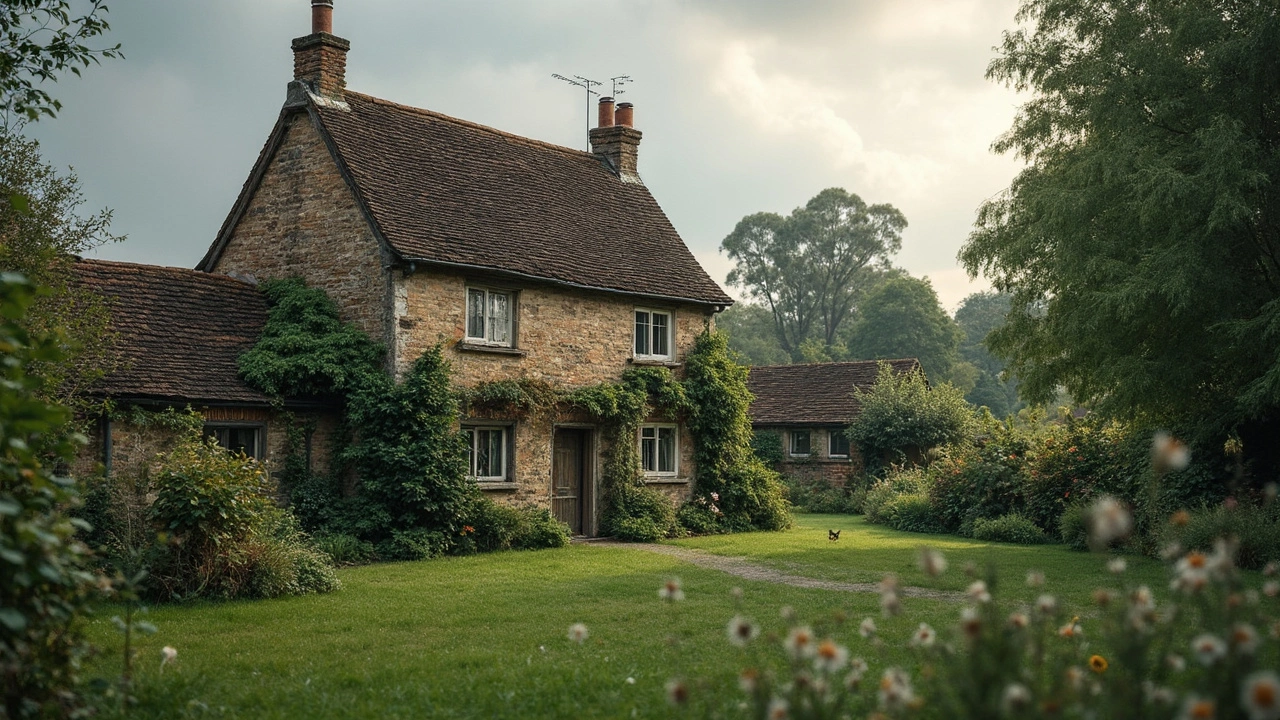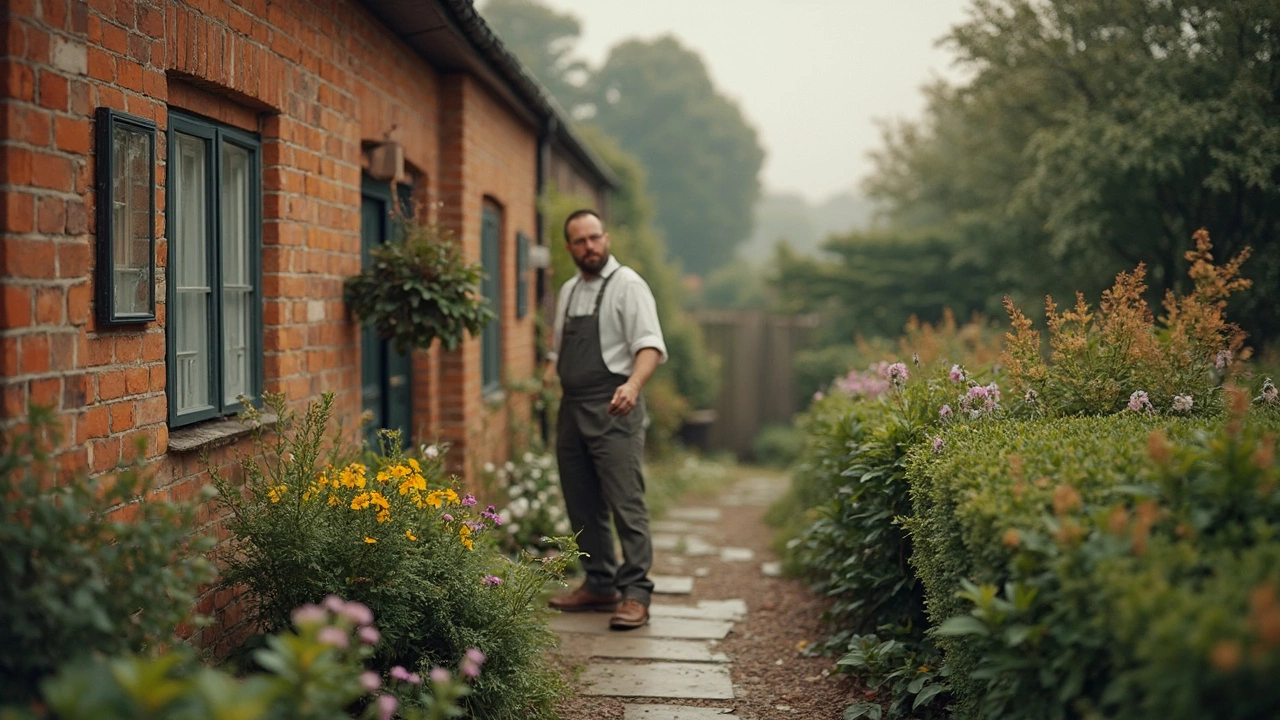House Foundation Basics: What Every Homeowner Should Know
When you hear the word “foundation,” think of the concrete slab, crawl space or basement that holds up everything inside your house. If that base shifts, cracks, or leaks, the whole building can feel the strain. The good news? Most foundation problems show clear signs, and fixing them early saves money and stress.
Typical signs include cracks in walls, doors that stick, uneven floors, or water seeping into the basement. Those clues are your home’s way of saying something’s off. Grab a flashlight, walk around, and note any cracks wider than a hairline or doors that need a hard push. Write down where you see them – this makes it easier for a professional to diagnose the issue.
Common Foundation Issues and Why They Happen
Soil movement is the biggest culprit. Clay soil expands when wet and shrinks when dry, pulling at the footings. Poor drainage can also flood the soil, increasing pressure on the walls. In older homes, outdated construction methods like shallow footings can make the structure vulnerable.
One of the most talked‑about problems is “settling,” where parts of the foundation sink unevenly. This creates the dreaded “staircase” floor effect. Another frequent issue is “heave,” where the soil pushes the foundation upward. Both lead to cracks that start thin but can grow over months.
Fixing Foundation Problems: Your Repair Options
There’s no one‑size‑fits‑all fix. Small cracks can be patched with epoxy injection, a quick and cheap solution that restores strength. For more serious movement, “piering” or “underpinning” adds steel or concrete supports deep into stable soil. These methods are pricey but last decades.
If water is the enemy, installing proper drainage – French drains, sump pumps, or exterior grading – stops moisture from reaching the footings. Sometimes a combination works best: improve drainage first, then reinforce the foundation.
Before you sign a contract, ask for a written estimate that breaks down labor, materials, and any warranty. Compare at least three quotes; the cheapest isn’t always the best, but you can still spot inflated prices. Remember, the most expensive repairs like full pier installation might be unavoidable if the damage is severe.
In short, keep an eye on cracks, check door alignment, and monitor moisture. When you spot a problem, act fast and get a professional opinion. Proper repairs not only protect your home’s structure but also keep its value up. Your house foundation may be out of sight, but a little attention now can prevent big headaches later.
Can a Foundation Be Unfixable? Exploring The Depths of Foundation Repair
- Gavin Whitaker
- |
- |
- 0
Unravel the complexities of foundation repair to discover if some issues can truly be unfixable. Understand common foundation problems, the signs that indicate trouble, and essential tips for maintaining a solid base for your home. Explore when professional intervention might be necessary and learn how early detection can save time and money. Delve into real-world scenarios to see just how crucial foundation maintenance can be.
View moreCan I Fix My Own House Foundation?
- Gavin Whitaker
- |
- |
- 0
Wondering if you can tackle your house foundation issues on your own? It's a question many homeowners ponder when they spot those suspicious cracks in the walls or notice uneven floors. This article explores what foundation repair involves, whether it’s a suitable DIY project, and provides practical tips for assessing the condition of your home’s foundation. Plus, learn some surprising facts and tips to decide if you're up for the challenge or if calling in a professional might save you a heap of trouble.
View more
